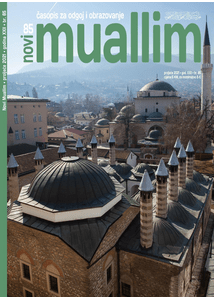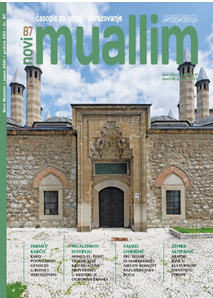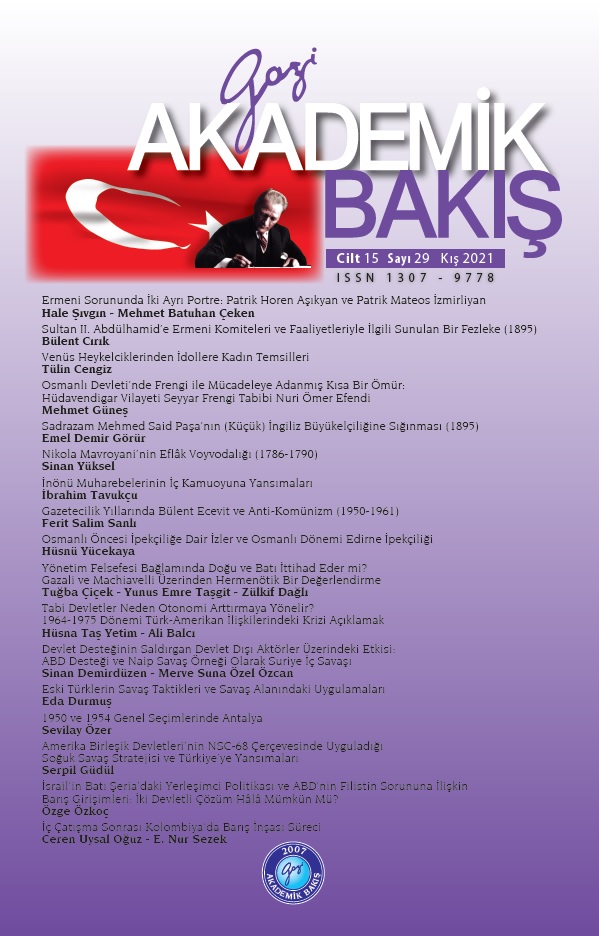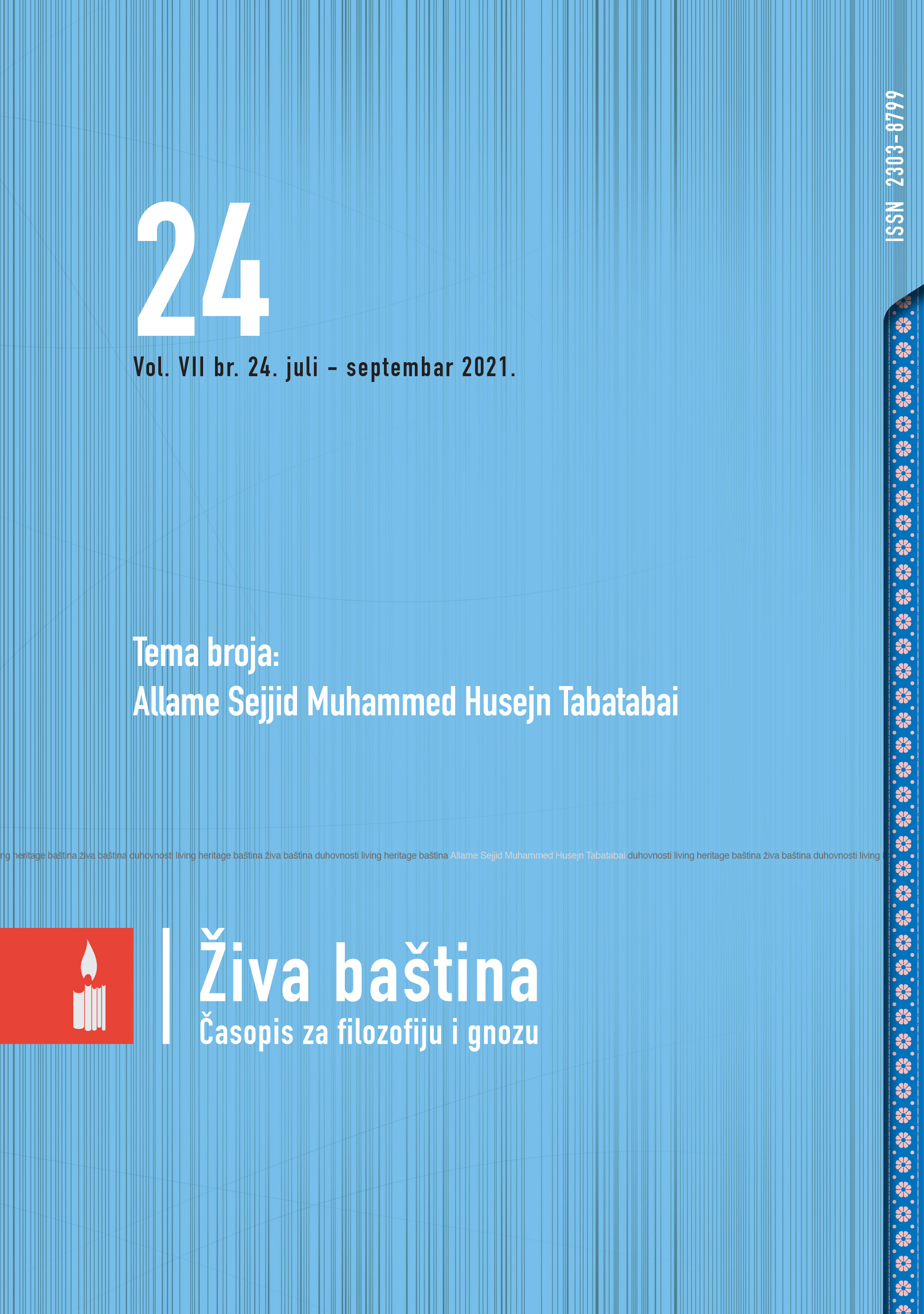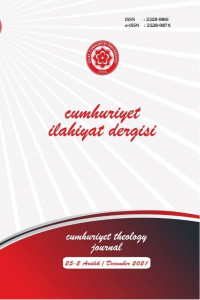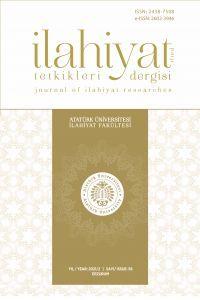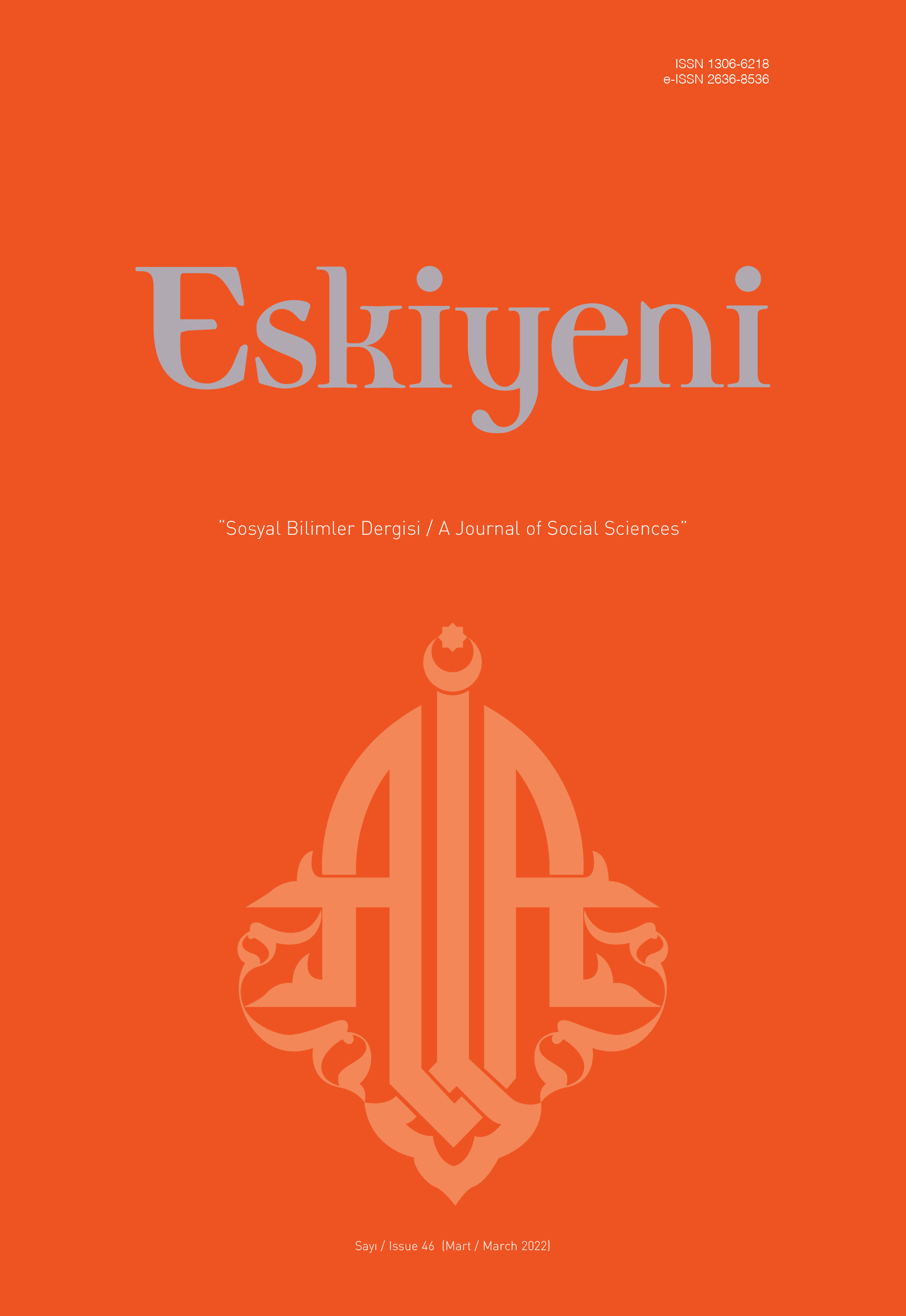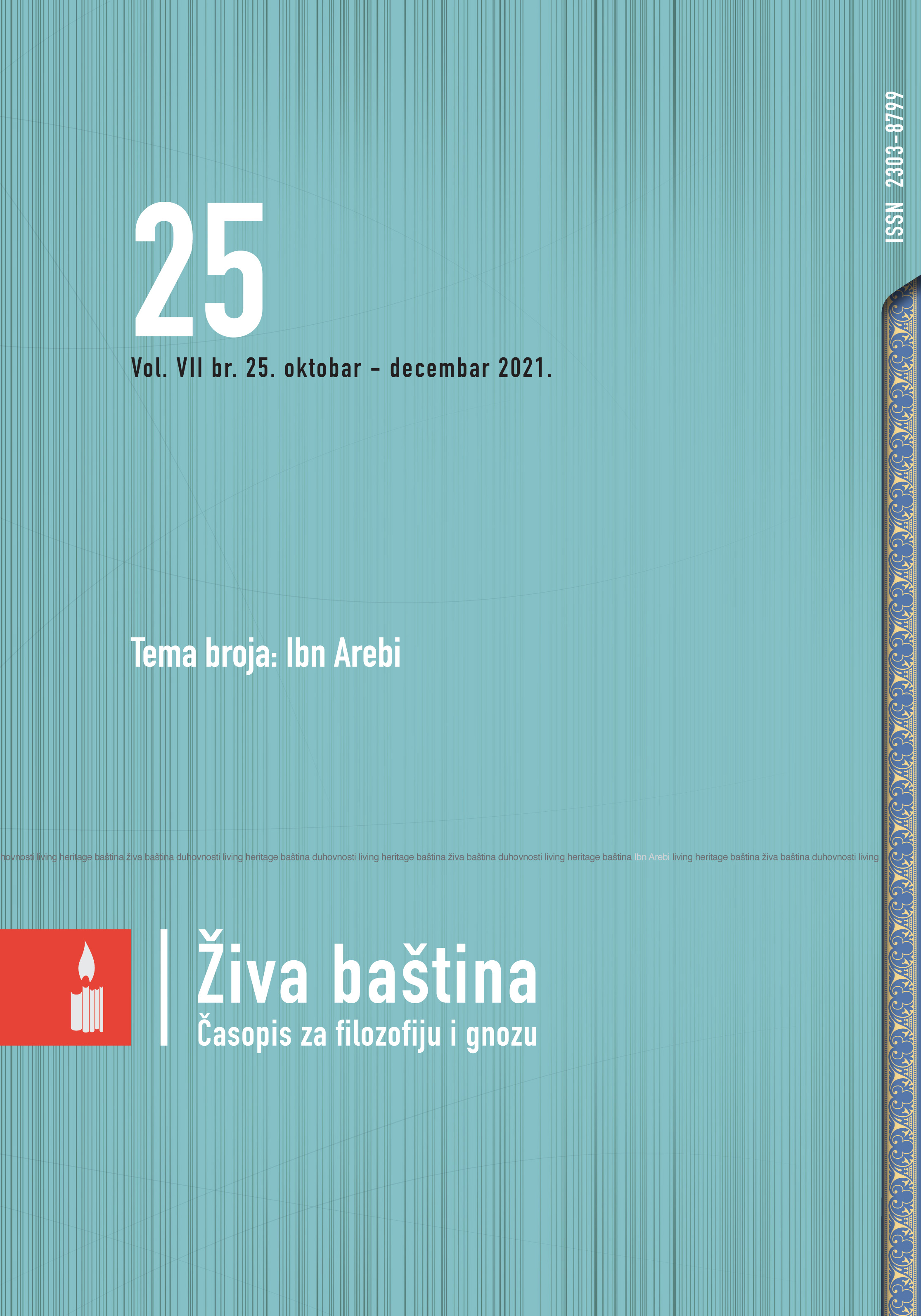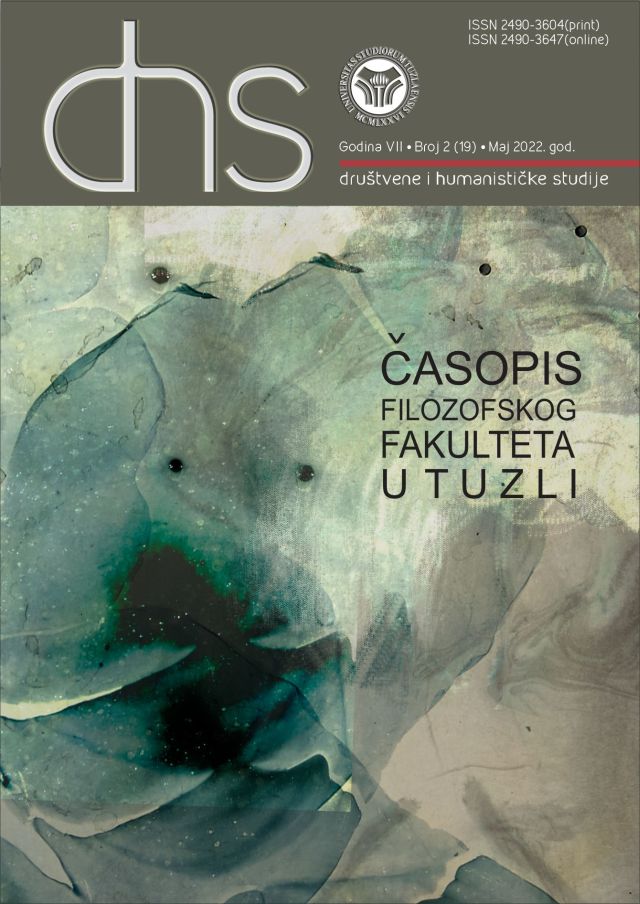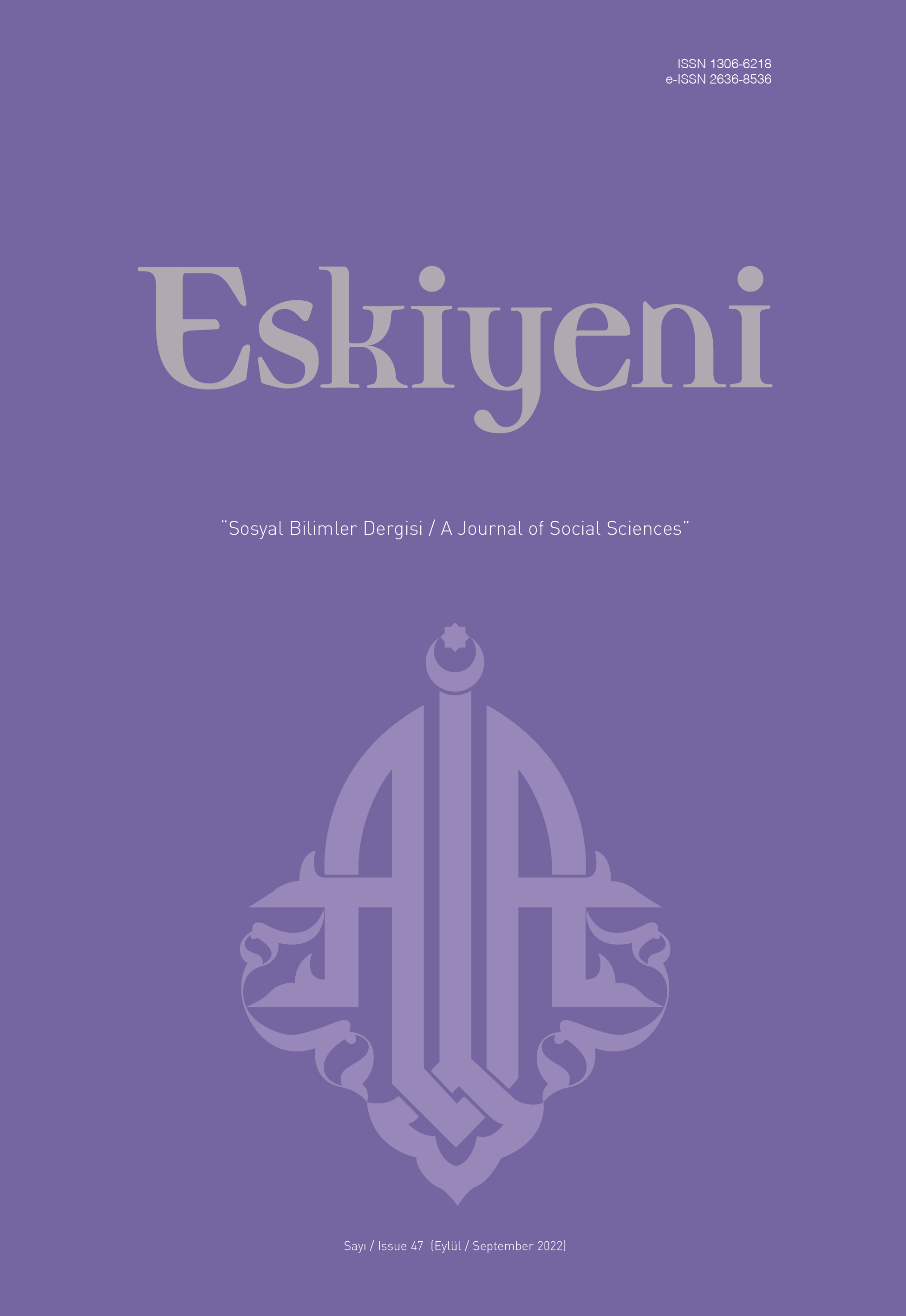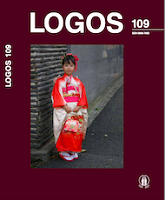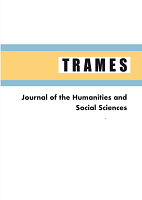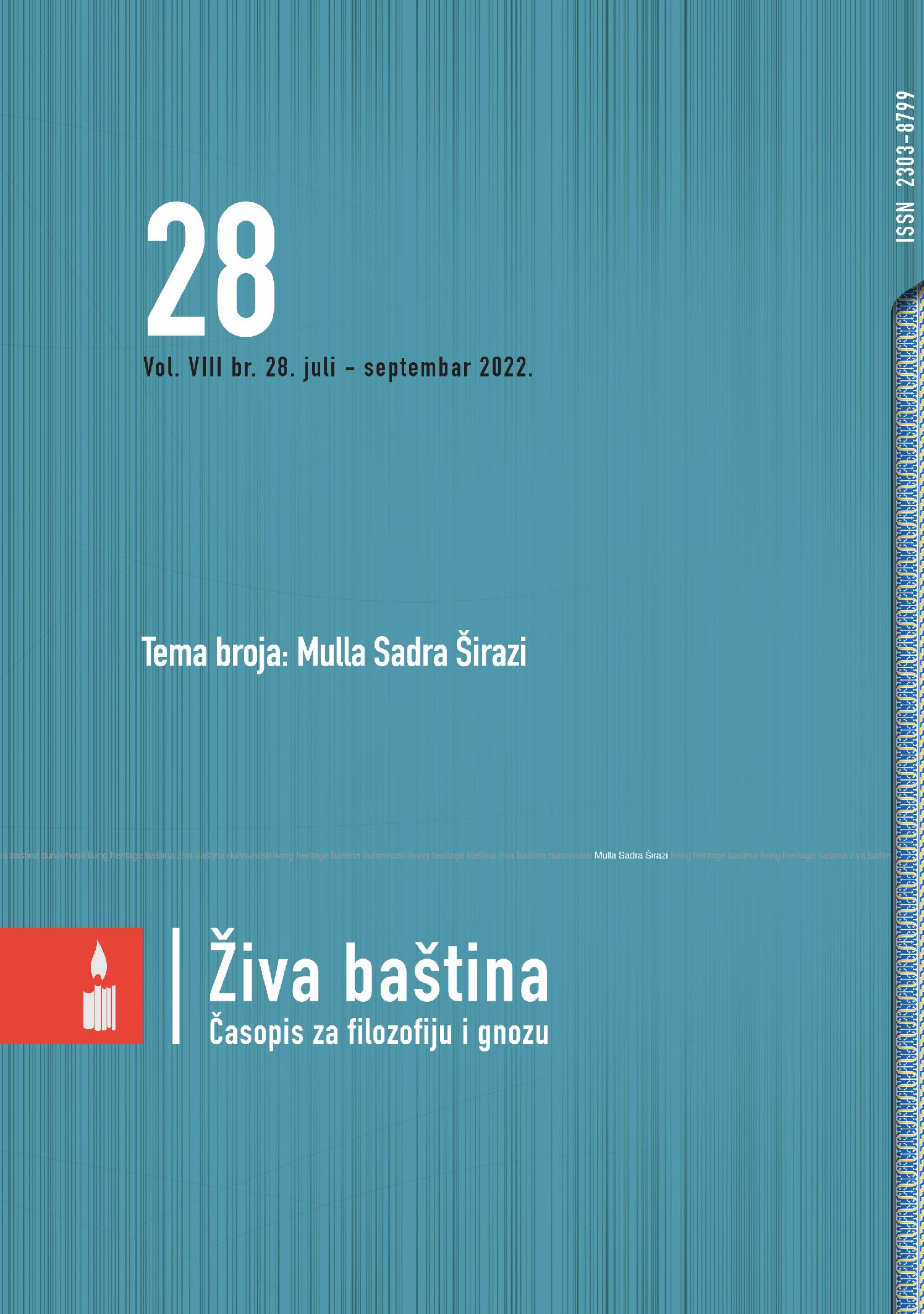Author(s): Hüsnü Aydeniz / Language(s): Turkish
Issue: 2/2021
The main purpose of this study was to determine the accumulation of the tradition of political texts (Siyasatnāma) in the context of freedom of expression and to discuss the potential of creating new perspectives accordingly. One of the most important criticisms of modernity towards traditional structures is the claim that people are subjected to many limitations on social, cultural and religious grounds. This criticism, which mainly focuses on limiting the freedom of action, also comes across as preventing the expression of thoughts. While traditional understandings had such an approach, they aimed not only to preserve or strengthen the position of a particular authority, but also to prevent problems that may arise from an individual and social point of view. However, it is not possible to say that these thoughts always remain true to the stated intention. In this context, considering traditional understandings with their historical contexts should not only aim to gain an intellectual knowledge about a certain period or civilization. The main goal should be to evaluate the accumulated knowledge critically and to achieve meaningful results from this field. While determining the framework of the study, it was thought that reading through the political texts would provide such an opportunity. The study focused primarily on the intellectual infrastructure of freedom of expression and, accordingly, included general assessments of the issue in political texts and touched on the concept of authority, which is of great importance for determining the scope of freedom. In particular, it is emphasized on which power the administrators, who are at the head of the administrative power, base their authority on and from which principles the boundaries of this should be determined. It is seen that the political texts related to political life, oriented to ideal principles and taking into account reality, contain important assessments of the source of authority in terms of creating a ground of legitimacy or making sense of the existing situation. When evaluating the issue, it is highly evident that politicians point out that the main purpose of the existence and use of authority is the idea of order. In this context, what kind of precautions have to be taken in case of violation of the determined borders to maintain order is one of the most important issues of the policy books. Among these precautions, the idea of limiting all freedoms, especially freedom of expression, has an important place. The article also points out the possible contributions of the suggestions made in this context to the reactions that may arise in different political and social situations. At the beginning of the mentioned contributions, there are assessments on overcoming an obstacle that causes rulers not to perceive some facts adequately. This creates a serious obstacle to a healthy communication with different layers of society, and can be expressed as a masking effect. One of the main issues that the article focuses on is the suggestions of politicians on how to use the freedom of expression of the broad masses that make up the body of society. These suggestions state that the governed also have responsibilities at the point of determining the framework of the dialectical relationship between the different dimensions of the social structure. The social understandings that developed in the post-modern world have a nature that puts the individual in the foreground much more than traditional approaches. This may have produced positive effects to some extent. However, it seems that a serious erosion in the culture of people’s coexistence occurred on this occasion. The problematic use of freedom in general and freedom of expression in particular may be one reason for this. From the point of view of the states that are the highest social structures, it can also be said that these problems are increasing day by day. Therefore, the medium-term result of the desire to ensure individual freedoms may sometimes appear as chaos, and the long-term result may appear as the emergence of a more authoritarian structure again. In fact, these authoritarianism tendencies can gain strength by being based on reasonable grounds, such as misuse of freedoms of expression. It should be noted that to overcome these problems, political texts can help to prevent major social breakdowns by providing important alternatives to the disinterest which was created by the modern era. In this context, the study also touches on the conditions under which freedom of expression can be restricted according to political statements.
More...
